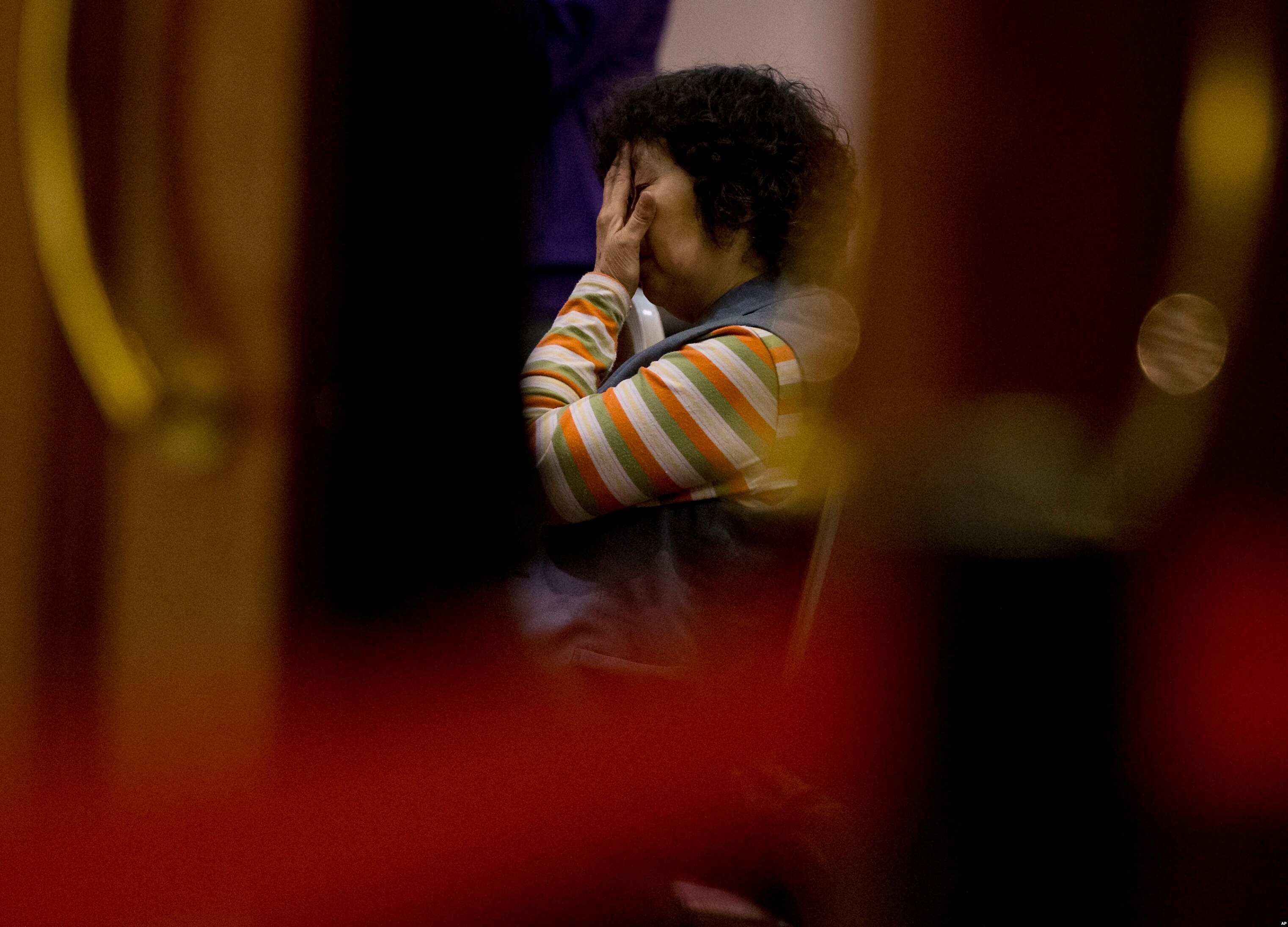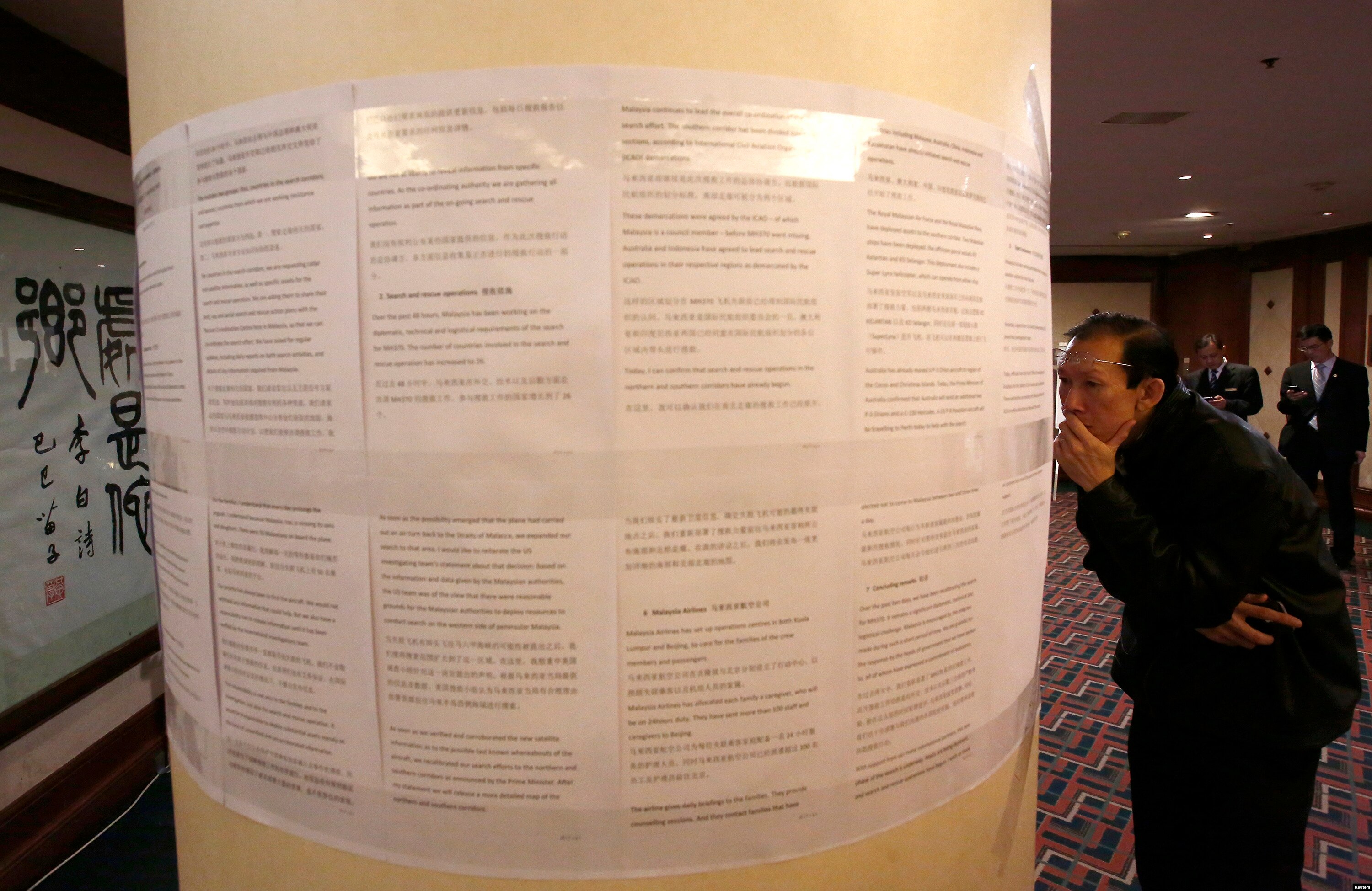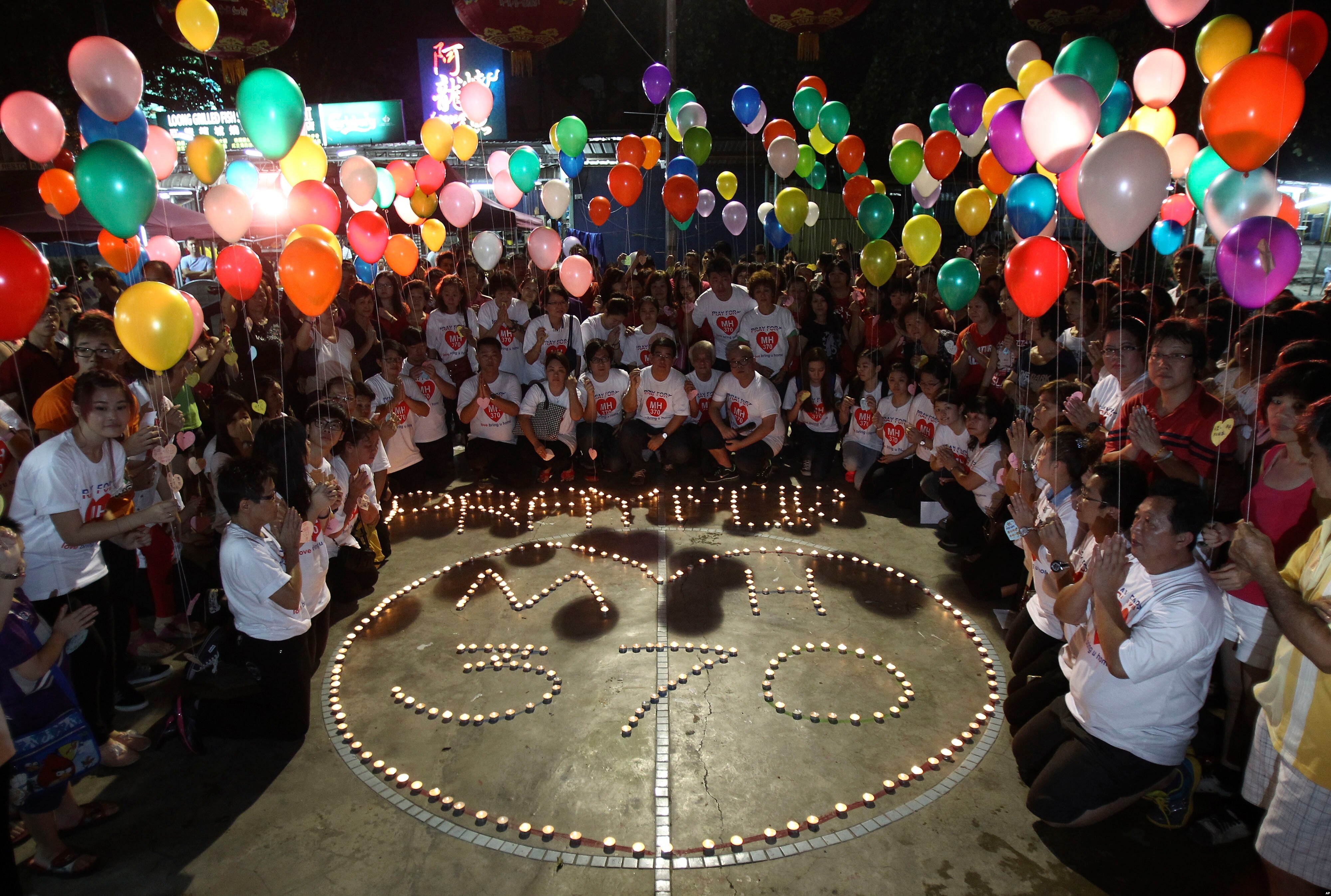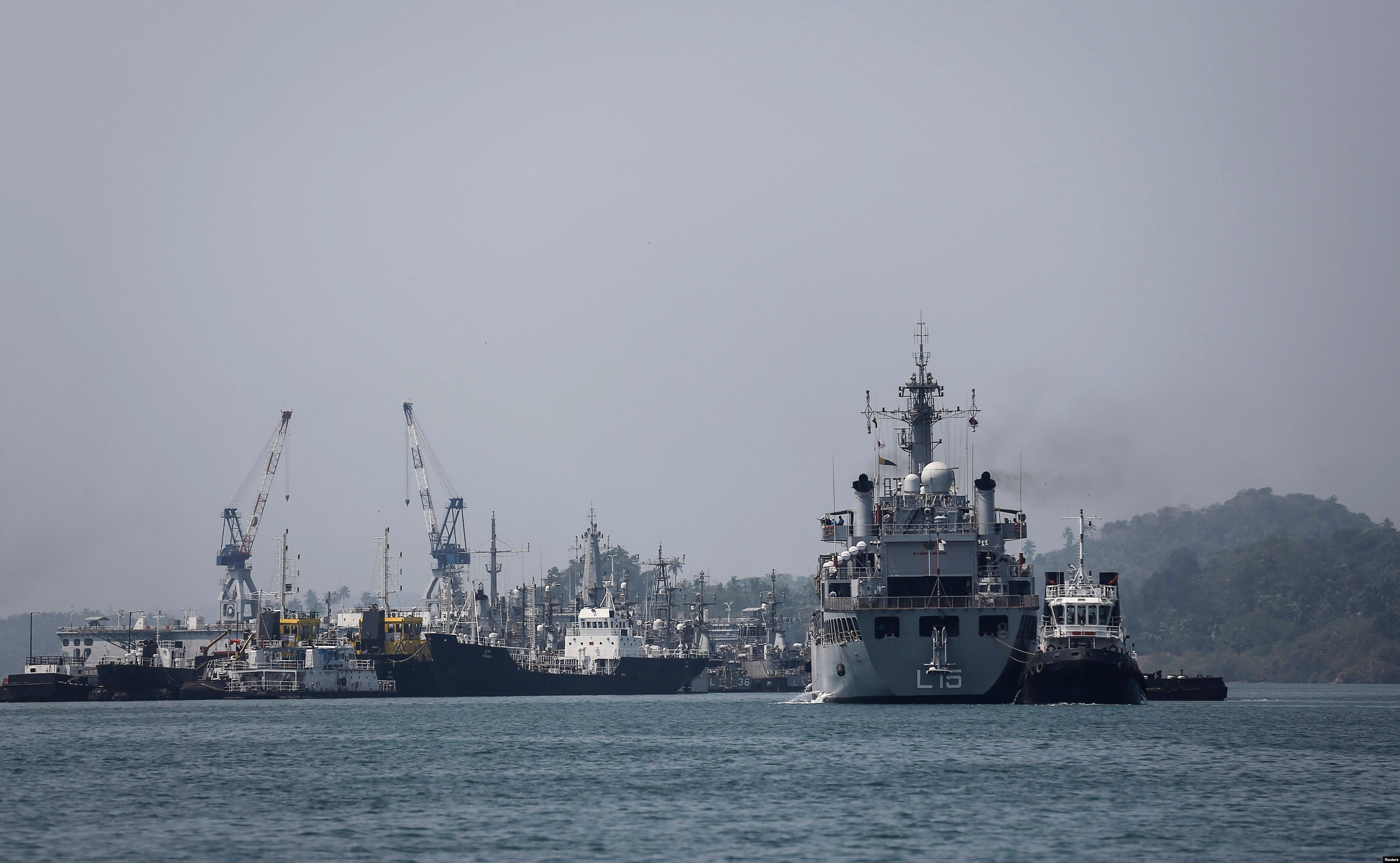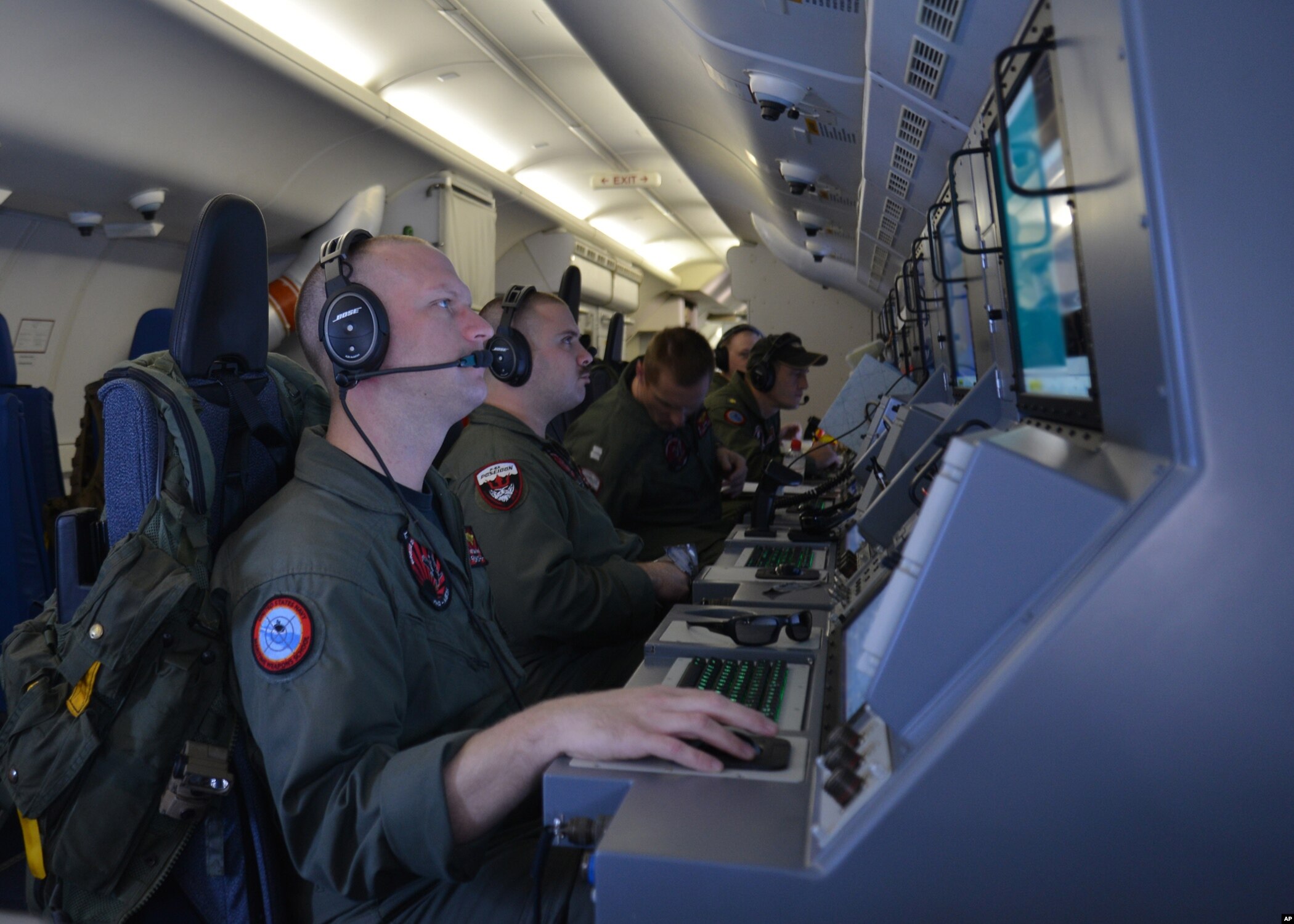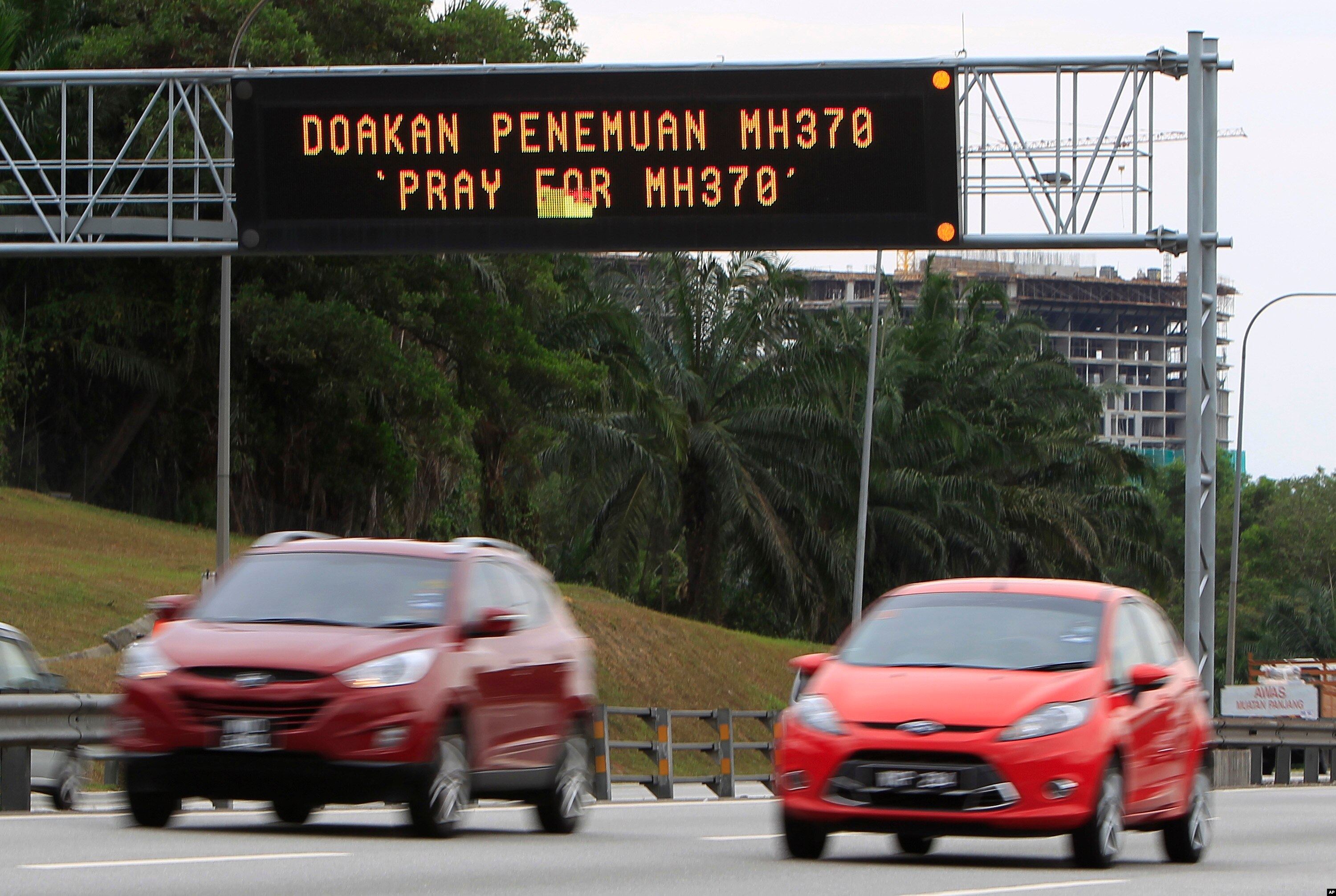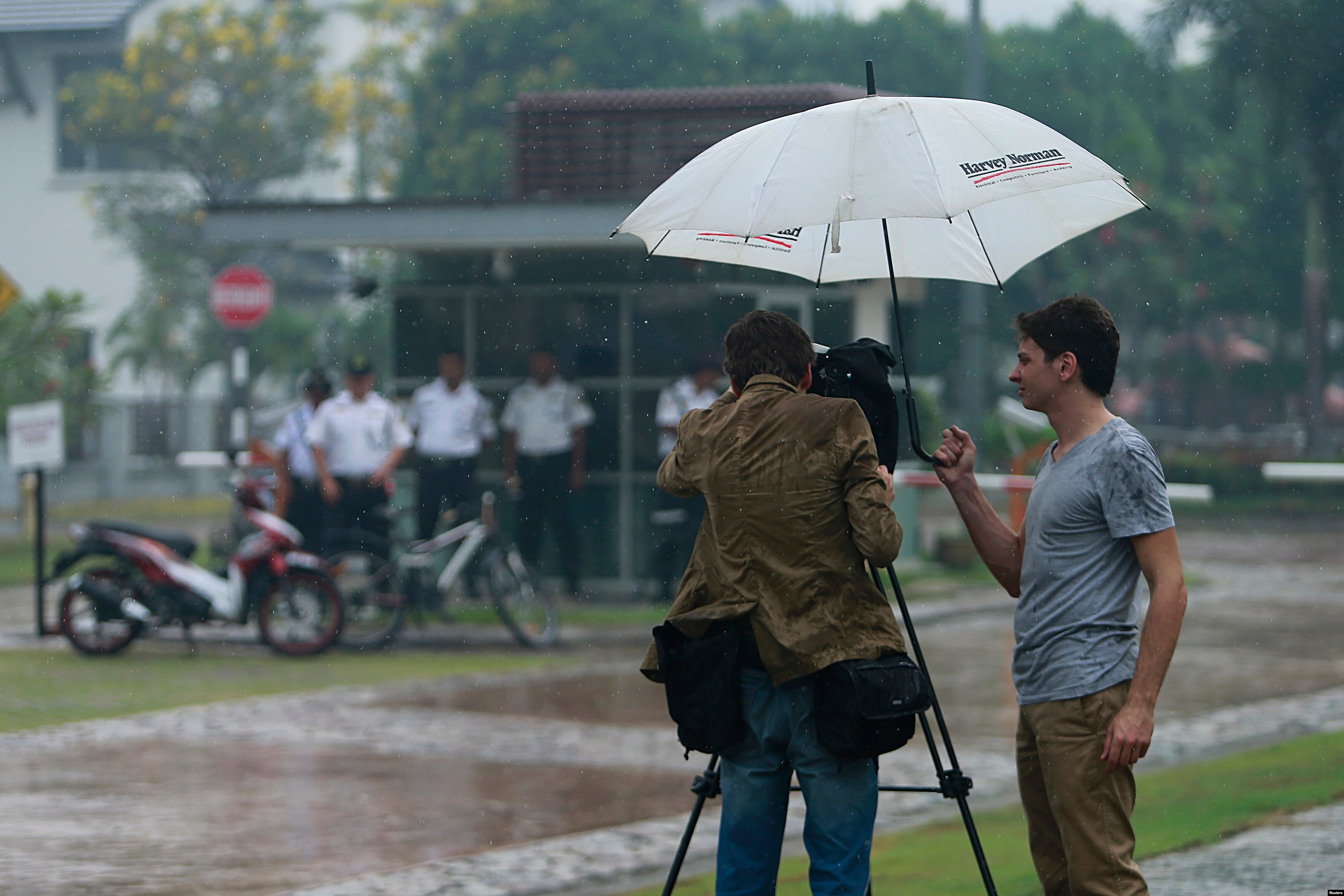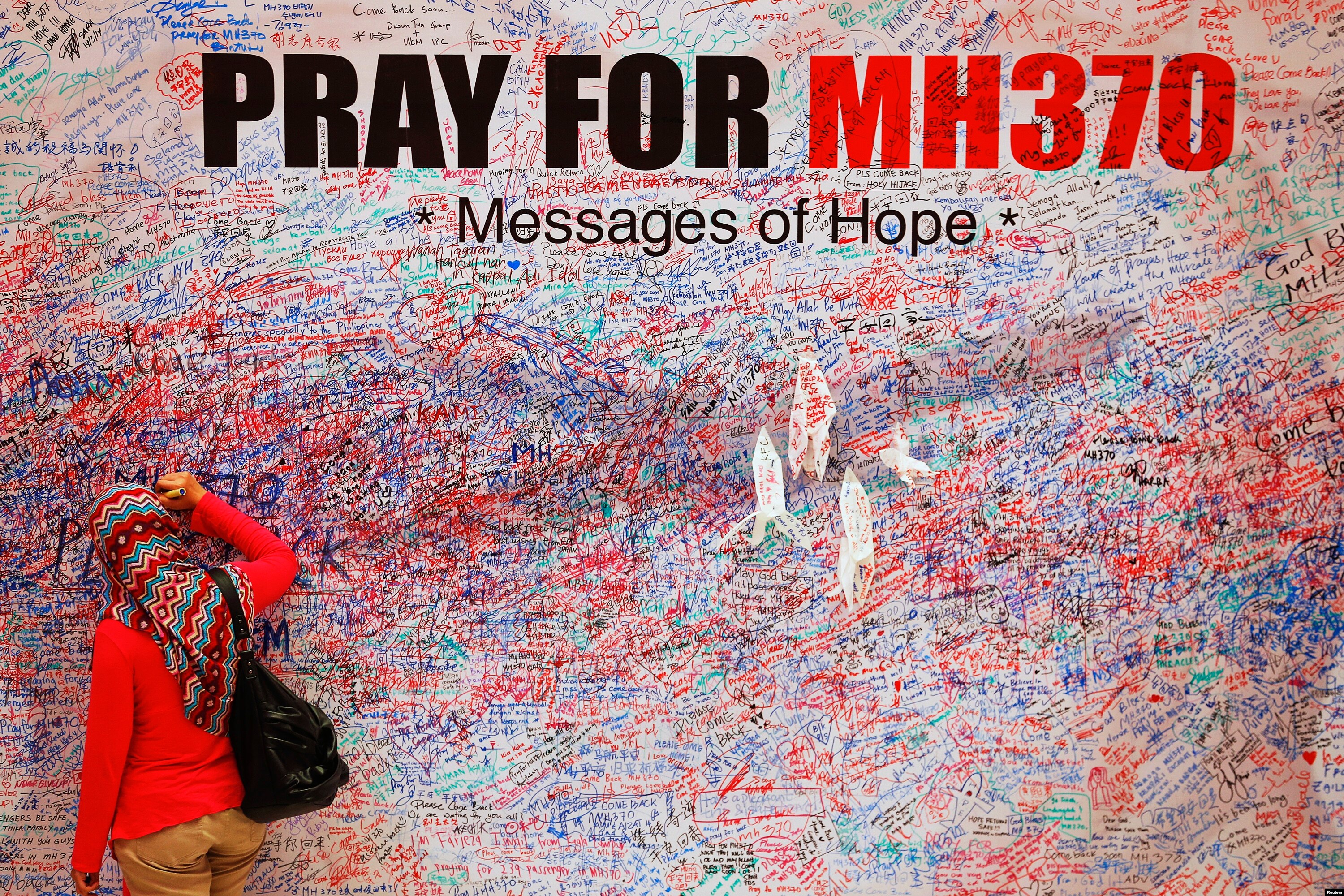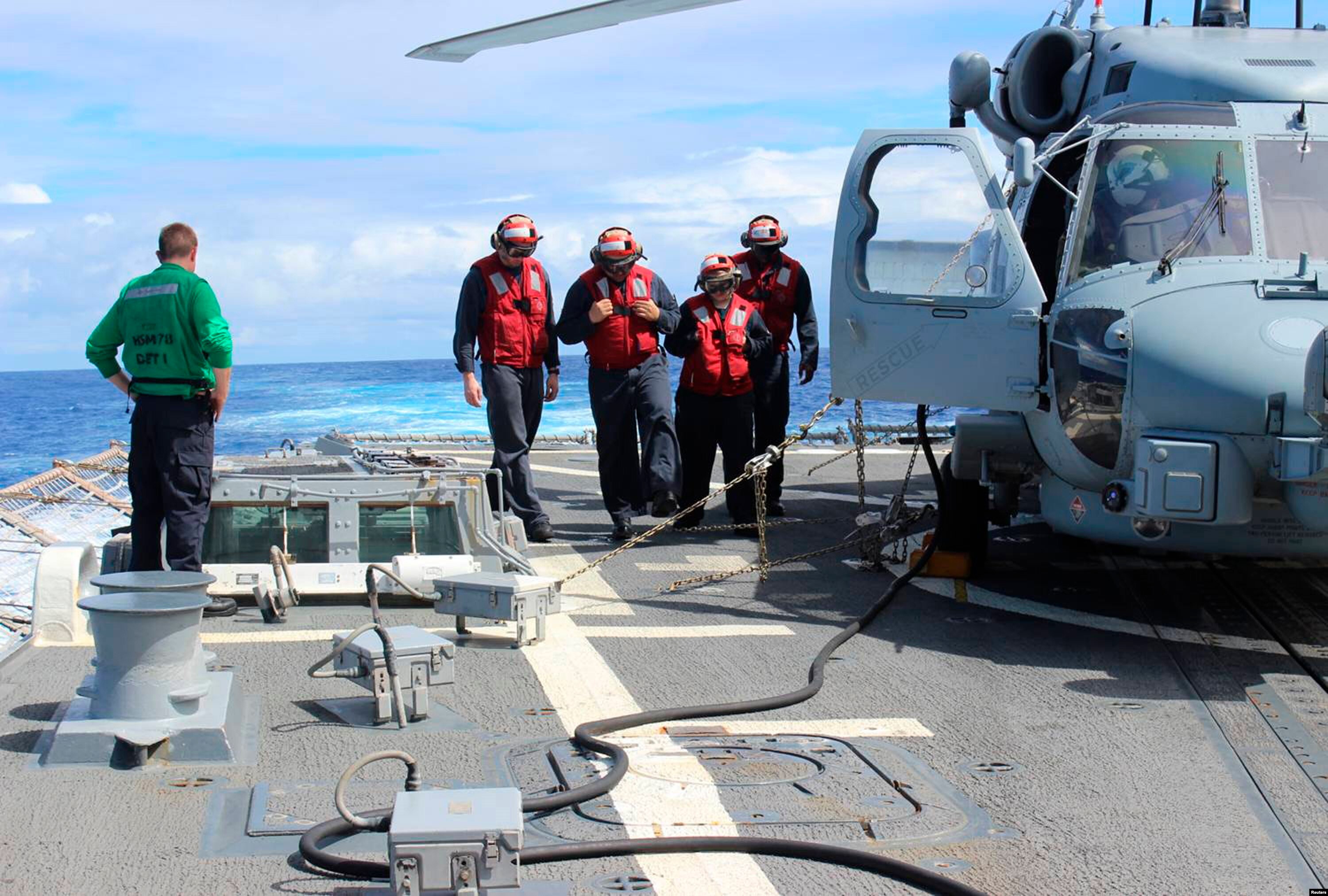London (CNN) -- Exactly six months from now, Scots will go to the polls to vote on the future of their country.
It's a vote that could end Scotland's 300-year union with England and Wales as Great Britain -- and see it launch into the world as an independent nation of some 5.3 million people.
Russian lawmakers have drawn a parallel between Scotland's vote and the referendum held in Ukraine's Crimea region Sunday.
But any such comparison is disingenuous: The referendum in Scotland is being held with the consent of the UK government, it will be internationally recognized, and Scotland's people have had years to consider what is a genuine choice.
By contrast, the referendum held in Crimea was illegal under Ukrainian constitutional law and took place under duress, only days after armed "pro-Russian forces" took effective control of the peninsula. Voters also did not have the option of saying "no" to cutting ties with Kiev.
What are the Scottish voting on, and why?
 Scottish independence: Euro or pound?
Scottish independence: Euro or pound?
 Scotland's rocky relationship with England
Scotland's rocky relationship with England
On September 18, voters will be presented with a simple yes/no question: Should Scotland be an independent country?
The Scottish government, led by the Scottish National Party, says this is a "once in a generation opportunity" for Scotland's people to take control of the decisions that affect them most. A "yes" vote means that "Scotland's future will be in Scotland's hands," it says, and that life will be better and fairer for its people.
British Prime Minister David Cameron wants Scotland to remain part of an undivided United Kingdom of Great Britain and Northern Ireland. He says that it is a decision solely for the Scottish people -- but that remaining part of the United Kingdom will give them security and strength. "There will be no going back," he warns.
Because the United Kingdom has no written constitution, there's no established law to govern the process. So these are truly uncharted waters.
What's the history behind this?
Scotland has long had a testy relationship with its more populous neighbor. The Act of Union in 1707 joined the kingdom of Scotland with England and Wales, but many Scots were unhappy at being yoked to their longtime rival south of the border.
Since 1999, Scotland has had devolved government, meaning many, but not all, decisions are made at the Scottish Parliament in Holyrood, Edinburgh. In May 2011, the nationalist Scottish National Party, which had campaigned on a promise to hold an independence referendum, surprised many by winning an outright majority in the Scottish Parliament.
In October 2012, the UK and Scottish governments agreed that the referendum would be held, and the question to be put to voters was agreed on early last year.
Dauvit Broun, a professor of Scottish history at the University of Glasgow, says one driving force for the vote is the widening gulf between the policies pursued by the coalition UK government in Westminster, led by the Conservative Party under Cameron since 2010, and what the Scottish people want.
Many Scots are strongly opposed to the current Westminster government's attempts to reform -- or in their eyes dismantle -- the welfare state. Illustrating that sentiment, there's only one Conservative MP in Scotland at present.
"Since the period of Margaret Thatcher, there has been a growing divide, and a sense that what Scotland feels consensus about ... has become more and more different to England," Broun says.
Looking further back, Scotland and England have been growing apart since the demise of the British Empire, Broun says. The decline of the Presbyterian church in Scotland, which provided a sense of self-government and Scottish identity, has also played a part in fueling the desire for independence, he says.
Who can vote?
Thanks to a bill passed last year extending the vote to 16- and 17-year-olds, essentially everyone living in Scotland who is 16 or older on the date of the referendum will be able to vote.
This means English or Welsh citizens who reside in Scotland can take part. But Scots who are living elsewhere in the United Kingdom or overseas will not be entitled to cast a ballot.
It also means that the residents of England, Wales and Northern Ireland get no vote on a historic change to the makeup of the United Kingdom.
What currency would Scotland have if it leaves?
This is another big but unresolved question. Scottish First Minister Alex Salmond, leader of the Scottish National Party, has said he wants Scotland to continue to use the pound in a currency union with the rest of the United Kingdom.
But the three main parties in Westminster -- David Cameron's Conservatives, their coalition partners the Liberal Democrats, and Labour -- have all said this won't be an option. The Scottish government responded that this was "bullying" from Westminster.
A Treasury briefing paper last month warned that "currency unions between sovereign states are fraught with difficulty" and advised strongly against entering into one with Scotland, citing uncertainty and the risk of insolvency as factors.
Despite this, Scotland could decide to use sterling unofficially, Broun says. Also unclear is what would happen to Scotland's share of UK debt if it's not part of a currency union, he adds.
"The UK government doesn't want to talk about something they don't want to happen, but as a result they've created uncertainty," Broun says.
Would an independent Scotland be part of the European Union?
It's still not clear how an independent Scotland would fit into the European Union. It's an important issue because EU membership brings economic benefits, as well as greater global clout.
Panos Koutrakos, a professor of European law at City University London, says Scotland sees EU membership as indispensable, even as Cameron has promised a UK-wide referendum on the question if he's re-elected next year.
By leaving the United Kingdom, Scotland would have to renegotiate its membership in the 28-nation bloc. The big questions are: How would this be done, and how long might it take?
The heads of the European Commission and European Council, Jose Manuel Barroso and Herman Van Rompuy, have said Scotland would have to apply for membership in the same way as any other independent state. This "hard position" means Scotland would have to negotiate an accession agreement with all the existing EU members, Koutrakos said.
The Scottish government says that since it's already a member as part of the UK, and abides by EU laws, it could join through an amendment to existing treaties -- a quicker and potentially easier route. The Scottish government says this could be achieved within 18 months of a vote for independence.
Could an independent Scotland pay its bills?
The Scottish government argues the country would be better off after independence, largely based on its taking control of revenues from North Sea oil and gas found in Scottish waters.
Salmond said this month that
new government figures show the underlying strength of the Scottish economy. "Over the last five-year period, Scotland would've been £8 billion better off standing on its own two feet than as part of the United Kingdom," he said. "That's about £1,600 for every man, woman and child in the country."
The Scottish government says it would manage the energy industry better, invest to boost production, and create a wealth fund, similar to Norway's oil fund, to benefit future generations.
But not everyone agrees with the Scottish government's rosy assessment.
A
report by the Institute for Fiscal Studies this month said the latest figures showed Scotland's budget deficit had worsened relative to the rest of the United Kingdom, thanks to falling North Sea revenues and higher public spending north of the border.
The IFS warns of the dangers of relying too heavily on a volatile and ultimately finite income source. "In planning for independence, the Scottish Government should be cautious in its fiscal assessment, and avoid building its budget on the back of optimistic forecasts for North Sea revenues," it said.
The Scottish government says the economy is diverse, with other key elements including food and drink, tourism, creative industries, universities, financial services and manufacturing.
What happens if Scotland votes 'yes' to independence?
A "yes" vote would mean Scotland splits from the rest of the United Kingdom -- that is, England, Wales and Northern Ireland.
The Scottish government anticipates it would become formally independent in March 2016, ahead of elections in May of that year.
Once it's independent, it says, tax and social security rates will be set in line with the wishes of the people of Scotland. Decisions will no longer be imposed by parties in Westminster.
Scotland already has an independent legal system and education system. Post-independence, changes to the law would be agreed to in the Scottish Parliament.
The Scottish government says it wants to remove nuclear weapons from Scotland as soon as possible -- namely, the UK Trident nuclear submarine fleet based at Faslane. It cites different priorities for spending, such as social programs.
What would it mean for visitors?
Tourism is big business for Scotland -- and the Scottish government won't want to lose out post-independence.
But what would it mean for the tourists for so long drawn to Scotland's legendary offerings -- from its castles, lochs and misty moorlands, to its whisky distilleries, Edinburgh's stately architecture and Glasgow's vibrant urban scene?
It's unclear if the uncertainty over Scotland's future currency will discourage visitors from crossing from England.
The Scottish government intends to set its own immigration policy after independence. It has said it envisages "free movement across the border between Scotland and England" for UK citizens, in the same way as they can travel freely to Ireland. But its border controls will depend in part on its accession to the European Union.
The Scottish government says it plans to cut air passenger duty, making it cheaper for international travelers to fly into Scottish airports.
It's not just tourists who may be eyeing potential changes to immigration policy. More than 30,000 international students from more than 150 countries study at institutions in Scotland.
What's the mood?
Opinion polls suggest campaigners for a "yes" vote still have some way to go. A YouGov poll in February found that 52% of those surveyed would say "no" to Scottish independence while 34% would say "yes," up one point from the previous month.
South of the border, opposition to Scotland leaving the union seems to be strengthening, according to nonpartisan research group What Scotland Thinks. Polls conducted in the past month in England and Wales, for the Sunday Times and Observer newspapers, found only a fifth of those surveyed were in favor of Scottish independence, with just over 60% opposed.
Cameron says the loss of Scotland would leave the United Kingdom "deeply diminished." While only 4 million people will vote, he says, the result will impact 63 million within the United Kingdom.
It's not just the politicians who are getting involved. Singer David Bowie, in a Brit Awards acceptance speech last month delivered by supermodel Kate Moss, pleaded, "Scotland, stay with us."
Former Manchester United football club manager Alex Ferguson also opposes a split and has
backed the "Better Together" campaign. "800,000 Scots, like me, live and work in other parts of the United Kingdom. We don't live in a foreign country; we are just in another part of the family of the UK," he is quoted as saying.
The "Yes" campaign also has some celebrity backers -- including former James Bond actor Sean Connery and comedian Frankie Boyle.
Connery, who can't vote in the referendum since he lives outside Scotland,
wrote in the New Statesman that "the opportunity of independence is too good to miss."
